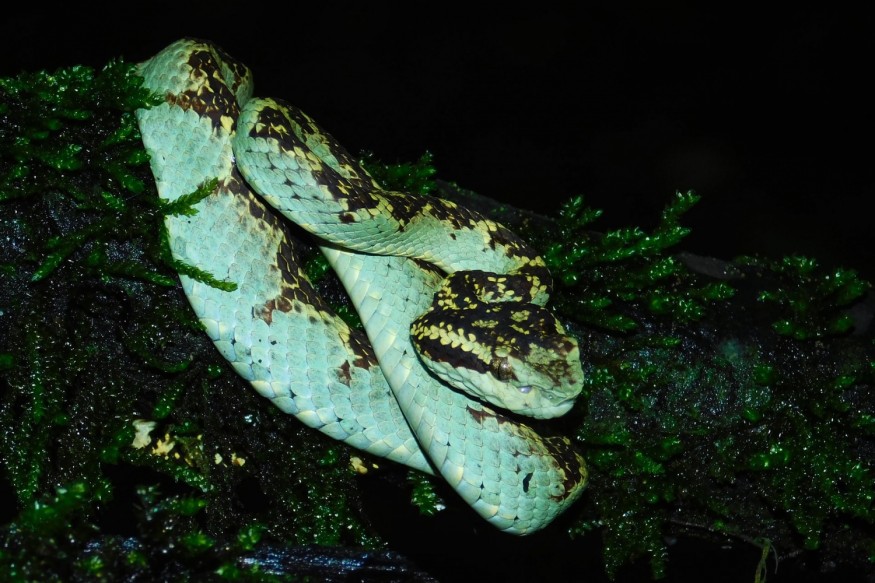The urgency of fighting against the novel coronavirus sprouts unusual discoveries that continue to surprise us. This just proves how vast knowledge is and how diverse its application can be.
Scientists recently found that one of America's most dreaded snakes could be an effective ally in fighting against COVID-19, stopping the virus' replication by up to 75 percent.
The impact of COVID-19 outbreak to the world's economy and public health systems drove many experts to find best possible means in eradicating the virus. Researchers did not just limit their study on common therapeutics, but also widely studied and developed peptide-based medicines to treat infectious diseases.
Developing new medicines from peptides

Bothrops jararacussu most commonly known in South America as 'jararacussu' is highly venomous pit viper species native to Brazil, Paraguay and parts of Bolivia and Argentina. The black-and-yellow-scaled reptile has rather potent venom, enough to kill sixteen people. Bothrops venoms are characterized by edema, hemorrhage, pain, and inflammation; however, the mechanisms of tissue damage may vary and depend upon the snake's species.
In a new published study, this potent venom was examined by scientists as means of fighting COVID-19. The initial finding reveals that the venom contains a specific element that can be linked to an enzyme found in the coronavirus. So far, the results have been found 'promising' in stopping the virus from replicating by up to 75 percent.
This certain molecule in the jararacussu's venom could help fight the pandemic.
A 'breakthrough' that could lead to development of new COVID-19 drugs
"We were able to show this component of snake venom was able to inhibit a very important protein from the virus," said Rafael Guido, a professor at the University of Sao Paolo.
Researchers extracted fragments of snake venom peptides - a short chain of an amino acid - to connect the PLPro enzyme in SARS-CoV-2 virus which plays a critical role in replicating viral polyproteins, enabling viral spread.
"We're wary about people going out to hunt the jararacussu around Brazil, thinking they're going to save the world... That's not it!" said Giuseppe Puorto, a reptile expert at Sao Paolo. "It's not the venom itself that will cure the coronavirus."
This means that scientists don't have to hunt for jararacussu as they can just extract and synthesize peptides in a laboratory. They believe this study could be a "breakthrough that could lead to the development of new drugs against Covid."
The experts now study the effectiveness of different doses of the molecule, as well as determining if whether it can prevent the coronavirus from entering the cell in the first place. Surprisingly, this study is not the first to use snake venom to synthesize drugs. In fact, "many blood pressure and heart failure drugs are derived from an active ingredient known as captopril found in snake venom," according to British Heart Foundation.
If tested and proven effective, this finding could add up to many more research efforts that produced a number of vaccines across the globe.
© 2025 NatureWorldNews.com All rights reserved. Do not reproduce without permission.





